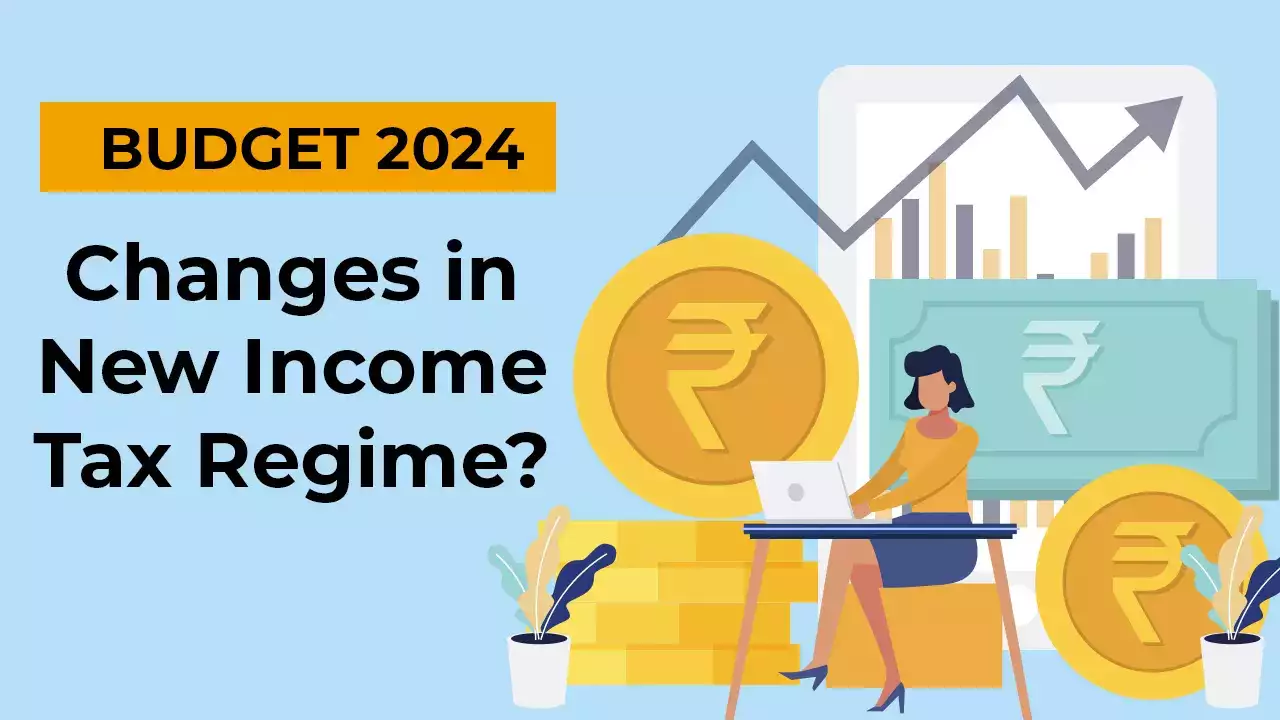Anticipated Changes in Income Tax for 2024 Budget

As the Indian government prepares for the upcoming budget presentation, expectations are high regarding potential income tax relief. The finance ministry is considering adjustments to the new tax regime, aiming to raise the threshold and possibly restructure the tax slabs. This comes in response to ongoing discussions about the economic climate and the need for financial relief for middle-class taxpayers.
The Current Tax Landscape
The income tax rates in India have been a topic of debate for years. Typically, these rates are among the last elements finalized before the budget announcement. Each year, various stakeholders, including companies and economists, advocate for changes, particularly in light of weak consumer demand. This year, the middle class is at the forefront of these discussions.
In the previous budget, Finance Minister Nirmala Sitharaman enhanced the standard deduction for salaried individuals to Rs 75,000. She also revised the tax slabs, claiming that these changes would result in a gain of Rs 17,500 for taxpayers. As the government approaches the next budget, which is set to be presented on Saturday, there are discussions about further increasing the standard deduction. This move is seen as a way to provide broader relief to taxpayers, particularly those in the middle-income bracket.
The government is also considering lowering tax liabilities across various slabs. This includes potential reductions for higher-income segments. Such changes could leave more disposable income in the hands of consumers, which is crucial for stimulating demand in the economy.
Proposed Changes to the New Tax Regime
The government is focused on refining the new tax regime, which was introduced to simplify the tax structure. However, there are calls for higher concessions related to essential expenditures, such as health insurance and pension contributions. In a country like India, where many individuals must manage their own financial security, these concessions could provide significant relief.
A recent report from the State Bank of India (SBI) suggests that exemptions for health insurance could be increased to Rs 50,000. Additionally, it proposes that contributions to the National Pension System (NPS) be exempted up to Rs 75,000 or even Rs 1 lakh. If the government retains the peak tax rate at 30% but introduces a 15% levy for those with taxable incomes between Rs 10-15 lakh, it could face a revenue loss ranging from Rs 16,000 crore to Rs 50,000 crore annually.
The SBI report also outlines scenarios where the peak tax rate could be reduced to 25% for individuals earning Rs 15 lakh or more. This, combined with the proposed exemptions, could lead to a significant revenue hit, estimated between Rs 74,000 crore and Rs 1.1 lakh crore. Such changes would require careful consideration of the long-term implications for government revenue.
The Debate Over the Old Tax Regime
While the government is keen on promoting the new tax regime, there is a growing demand to retain some benefits from the old tax system. The old regime offers advantages for individuals with allowances, such as house rent and home loan deductions. Many taxpayers are concerned that the new regime may not adequately address their financial needs.
Government officials have expressed reluctance to introduce concessions and exemptions in the new tax regime. They argue that doing so could undermine the simplicity and effectiveness of the new structure, potentially causing it to revert to the complexities of the old system. However, there is also a recognition that taxpayers should have the option to choose the regime that best suits their financial situation.
Observer Voice is the one stop site for National, International news, Sports, Editor’s Choice, Art/culture contents, Quotes and much more. We also cover historical contents. Historical contents includes World History, Indian History, and what happened today. The website also covers Entertainment across the India and World.

